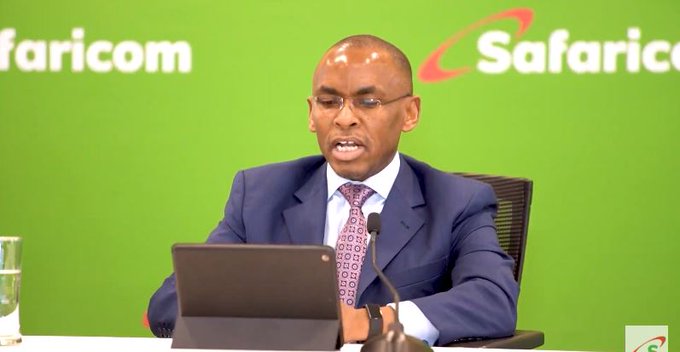
Safaricom Sustainability Report released on Tuesday indicates there’s been an increase in Sim Swap fraud by employees of the Telco.
In SIM card swap fraud, a fraudster usually makes a call pretending to be an employee of a mobile network operator.
When a mobile user picks up the call, the fraudster asks the unsuspecting mobile subscriber to share their information such as their national ID number, mobile money PIN or SIM card PIN, among other sensitive details.
After obtaining the information, the fraudster swaps the SIM card— thereby gaining access to all the SIM services, including mobile money transfer, mobile and internet banking, voice calls, SMS, data services and any other service accessible through the SIM.
Safaricom sacked 10 staff members, over sim swap fraud, for the year ending March 2022, up from 4 in the previous year.
In total 24 Safaricom staff were sacked for fraud-related crimes.
MPESA fraud is sometimes even perpetuated by the top managers at the Telco.
Data Breach
Data breach and misuse of consumer data by Safaricom staff is nothing new.
The rogue Telco is in court trying to defend against a data breach involving 11.5 million customers.
On the other hand, in the public eye, the Telco denies such a thing happened, but it is still pressing charges against the staff responsible.
This is just the tip of the iceberg on the rot.
ALSO READ: MMC Africa Legal Advice That Could See Safaricom Lose Sh115Trillion In A Data Breach Class Action Suit
Staff members often steal data and sell it to third parties such as betting firms, shylocks and other shady institutions.
Intellectual Property Thefts
Safaricom is broken.
Even the mechanism for preventing SIM SWAP and MPESA fraud was stolen from a Techie’s submission to the Zindua Portal.
On the May 15th 2020, 8 months after being shown the innovation by Anyona Obutu, Safaricom goes ahead and implements Tuwaanike, a new extra security feature that alerts you via SMS whenever someone tries to register a line using your National ID to stop rising M-PESA fraud.
Anyona Obutu, the techie would later be threatened by a WANTED by DCI poster, when he complained about the theft of his intellectual property.
Other innovators are not so lucky with the criminal enterprise of a Telco. They are taken to court, cases made to delay, and the ruling is awarded based on bribes and high affiliation to the instruments of violence and state capture.















































